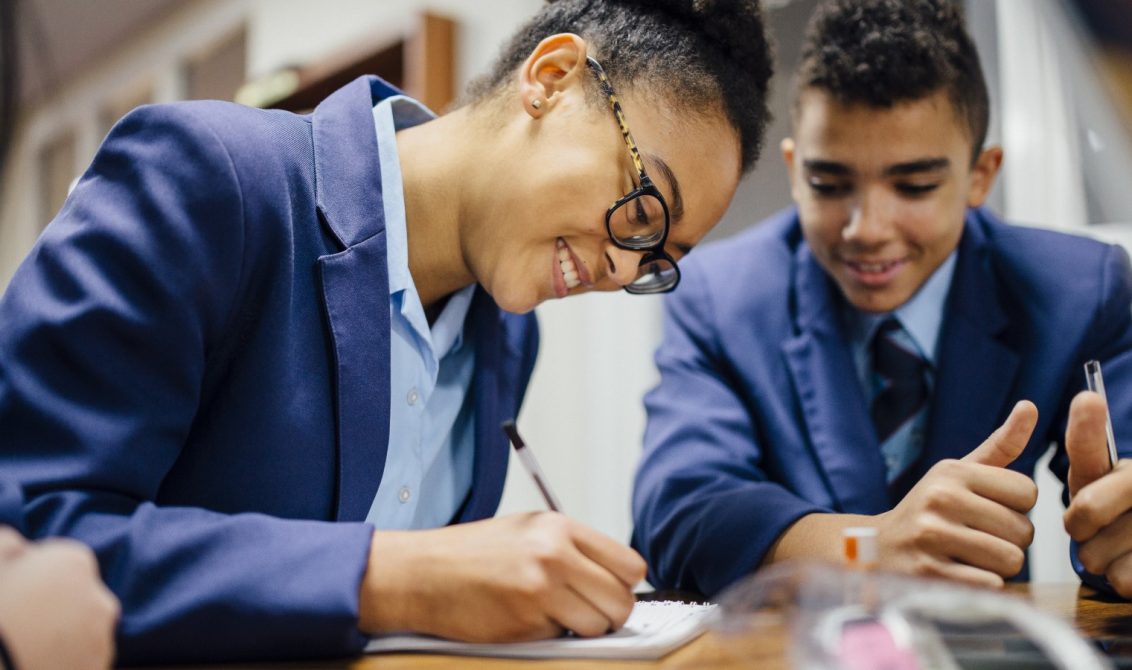
Knowledge is increasingly being seen as less valuable than skills. Anyone can use the internet to find facts. The real test is in solving problems, showing up on time, and working as a team.
International students need more than just ‘knowledge’ to be successful. It’s not enough to learn facts and methods. It’s also about knowing when to apply the knowledge and methods, about having the mental dexterity to deal with the unexpected, about being able to think through a problem.
It’s likely you’ve heard about these skills before: skills like problem-solving, independent research, critical-thinking, team-working, self-directed study, self-awareness and time-management. We can call them ‘transferable skills’ because they can be applied to different situations outside of the context in which they are learnt (which may or may not be part of a formal study programme). Put together, these skills act as a ‘How to learn’ toolkit that equips a young person to continue learning throughout their life in different environments.
International students need transferable skills to be successful in the workplace
Statistics show that a shortage of transferable skills is a key challenge for employers globally. Employers say they have difficulty finding people with the skills they require, with some companies saying that skills shortages impact their ability to serve their customers. Employers are looking for well-rounded individuals, and this goes beyond the achievement of top grades. Hiring managers need to ensure that new hires are prepared for the rigour and demands of work. Surveys show that teamwork, problem solving and communication skills are among the top three skills that employers seek. They’re that important.
Transferable skills development ensures that education not only means academic success but also employability
Knowledge is increasingly being seen as less valuable than skills. It is becoming increasingly available, almost instantaneously, at our fingertips online. It can be acquired more quickly than skills and it can also be lost more easily: previously learnt knowledge can be quickly forgotten as new knowledge is acquired. Skills, on the other hand, must be developed early on – the earlier the better – and fine-tuned over a long period of time. Family, friends and school all play crucial parts. And once they’re there, skills stay with us for life, enabling us to learn the new things we need, to think around problems, and to work independently and collaboratively as needed.
A good international education should enable students to start developing transferable skills as early as possible. In doing so, by fostering and developing transferable skills in learners, it will ensure that education not only means academic success, but also employability.

